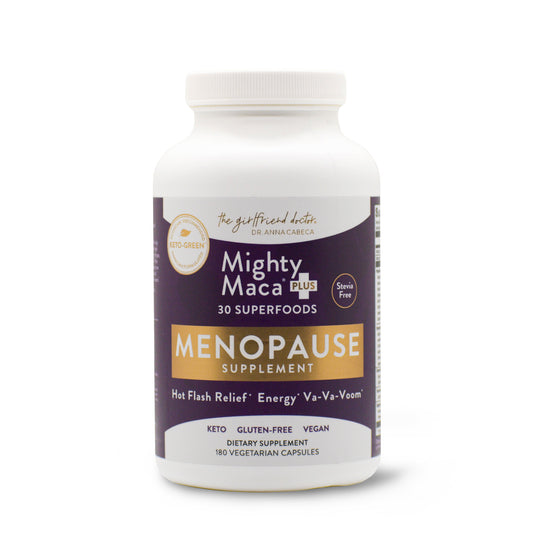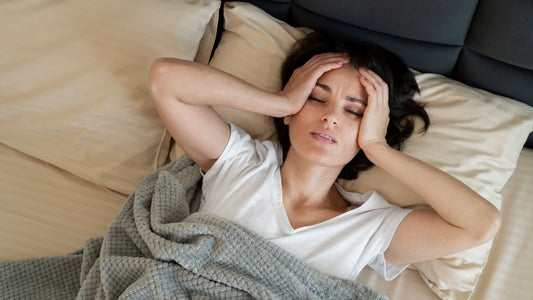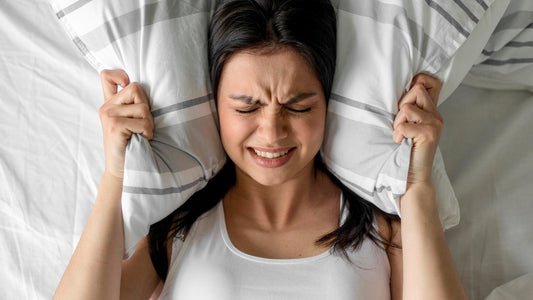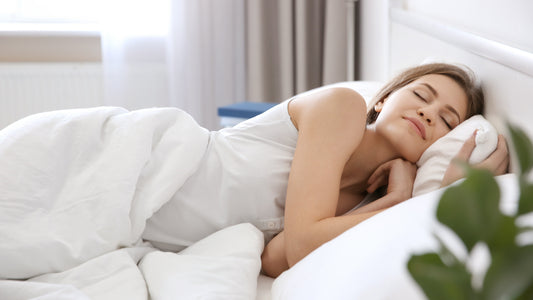DO YOU GET 7- 9 HOURS OF SLEEP EACH NIGHT?
Or do you experience the dread of insomnia… tossing and turning, or falling to sleep only to wake up in the middle of the night… and then staring at the clock until the morning! Total misery, and not only can it make you cranky, but it can impact your overall health.
I hope you caught the recent guest blog here on my website on “the ultimate cure for insomnia”. My friends at Mindvalley Academy wrote the article and it provides some great info on a simple thing you can do to cure your insomnia and get some sleep: meditation.
Meditation is such a powerful tool, and it really only requires your mind and body!
And please, no more sleeping pills. There are so many healthier things you can do (that work better too!) to improve your sleep.
A Good Night's Sleep Also Starts With Addressing Your Circadian Rhythm
Your circadian rhythm is your body’s internal clock. Almost every hormone in your body is released according to this “clock”, including hormones that tell your body it is time for some restful sleep!
How does your clock get “set”? Well it has a lot to do with your eyes detecting light and dark. When your eyes detect light, that tells your brain (the hypothalamus in particular) to wake up and release cortisol (your stress hormone) and other hormones you need to increase your metabolism and get through your day. When your eyes detect darkness, that tells the brain to release sleep hormones and wind down.
Keeping our internal clocks “set” appropriately is one reason you will hear me say that seeing the sunrise and sunset is so important! The first thing I do in the morning is look out at the sunshine, letting the light hit my eyes. We get a lot more than Vitamin D from the sun!
Why disrupting your circadian rhythm matters
Jet-lag is a great example of how changes in light/dark cycles can impact your body’s circadian rhythm. Most people who have traveled will tell you that there is a very dramatic impact on their internal clock when crossing multiple time zones. The general thought is that for every time-zone you travel across you should expect about a day to allow your internal clock to reset to that. And in the meantime you can expect some challenges with your mood, energy level and ability to get a good night’s sleep.

They’ve actually done a lot of research on circadian rhythm health impacts using flight crews who fly across time zones. The Centers for Disease Control (CDC) found that constant disruptions caused:
- A change in hormone levels
- Fatigue, changes in mood, and an inability to have a good night’s sleep
- Stomach and intestinal issues
- Even a greater incidence of cancer!
Night-shift workers have issues with sleep
Studies have also been done on night-shift workers (those working during darkness and sleeping during daylight, like many doctors do) showing that they had a higher prevalence of metabolic syndrome (a condition that contributes to poor heart health, diabetes and other issues).
I bet you know people who work shifts like this who routinely say that they don’t sleep well. Well, their circadian rhythm is constantly messed up. And it isn’t just night-shift workers and flight crews who have these issues. Today, so many of us have our electronics constantly in our face – even late into the night – and that light disrupts OUR internal clocks too.
We need normal day/night cycles… and not all light it created equal!
There have been a lot of studies done on this! The findings have been very consistent. Any type of light at night can suppress the secretion of melatonin (which is our natural sleep hormone).
Blue light at night is particularly disruptive to our circadian rhythms.

One example of research supporting this, Harvard University published a study relating to the blue light emitted by many electronics. They found that blue wavelengths are very disruptive at night. Blue light suppressed melatonin for about twice as long as a green light, and shifted circadian rhythms by twice as much!
I know many of us have to look at our electronics well into the night…it is an unfortunate reality these days… Try to reduce this a bit (if you can turn things off by 9:00 that would be best), or try a few things to help reduce the blue light. When I work late I use an app on my computer called Flux (https://justgetflux.com/). It reduces the blue light on my screen.
You can also get blue-light blocking eye-glasses (try gunnars.com) as well as blue-light blocking screens for iPhones (try products from Zen Tec).
What else can we do to reset our circadian rhythm?
Keeping your hormones in balance and reducing your stress can also help keep your circadian rhythm humming along.
Listen to this video to get some ideas on what you can do.
Some Of My Key Sleep Improvement Recommendations Include:
A healthy morning ritual:
- Catch the sunrise…get outdoors if you can. I enjoy gratitude journaling in the morning as it starts my day off framed with positive intentions for the rest of the day.
- I do like my cup of coffee with my Keto-Alkaline® Diet breakfast. This can be a delicious full breakfast with healthy protein and fats (but low on carbs) or a favorite Mighty Maca® Plus green smoothie. If you do not know what a Keto-Alkaline diet consists of – and all the health benefits beyond sleep that it will provide – read this great Keto-Alkaline Lifestyle introduction here. Learn about the many positive health benefits of intermittent fasting, too.
- Especially when I am traveling in different time zones I try and ground myself to the earth! You’ll be amazed at how the earth’s natural energy helps you reset your circadian rhythm. Take a little stroll and find a small lawn or sandy beach, take off your shoes and just connect with nature.
Bump up your oxytocin!
- Oxytocin (our love and bonding hormone) is the counter to too much cortisol (stress hormone)…so find ways to increase your oxytocin. Hug your puppy! Dance! Make love! All of these things will reduce your cortisol and help you relax. Learn more about oxytocin here.
- And if making love isn’t big on your list right now due to discomforts with your “lady parts”, like vaginal dryness or other irritations, try my Julva® feminine rejuvenation cream!
Identify your sleep patterns:
- I use a product from sleepcycle.com which helps identify your sleep patterns. I use in airplane mode to lessen EMFs.
Visit your doctor – get key lab work done:
- Do you have low magnesium levels? That affects sleep. There are many markers your doctor can examine (DHEAs, ISF1 levels, etc.) to assess what might be an issue impacting your sleep.
- Do you have digestive issues? Food allergies or tolerance issues can impact your sleep. Talk with your doctor about trying an elimination diet to determine if you have food tolerance issues.
My Favorite Natural Aid To Help With Sleep, Hormones And Mood
I have a number of supplements that I routinely recommend for my clients who suffer from insomnia, hormone imbalances or mood issues. One of my favorites is my Balance Body & Mind Dream Cream.
Balance Cream is a beautiful formulation of bio-available Progesterone and Pregnenolone, the “mother of all hormones.” It,
- Supports hormone balance…with protective and health-promoting properties
- Improves sleep and your stress response
- Promotes a balanced mood (your partner and/or family will be appreciative of this!)







